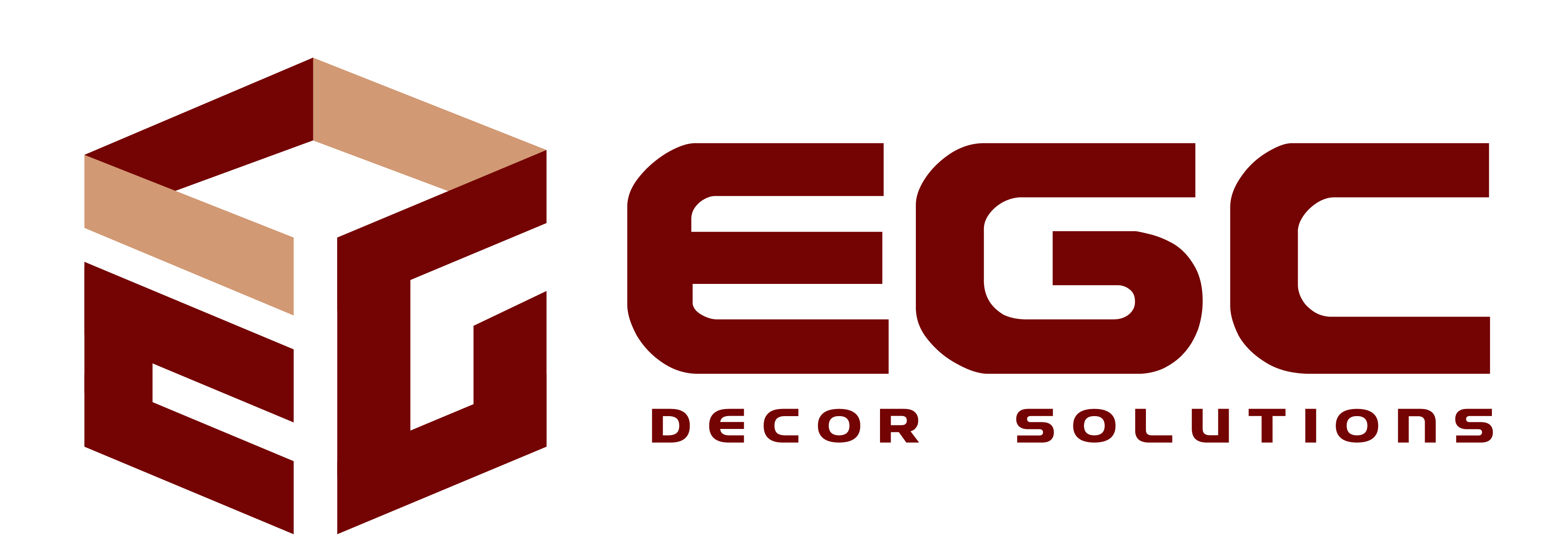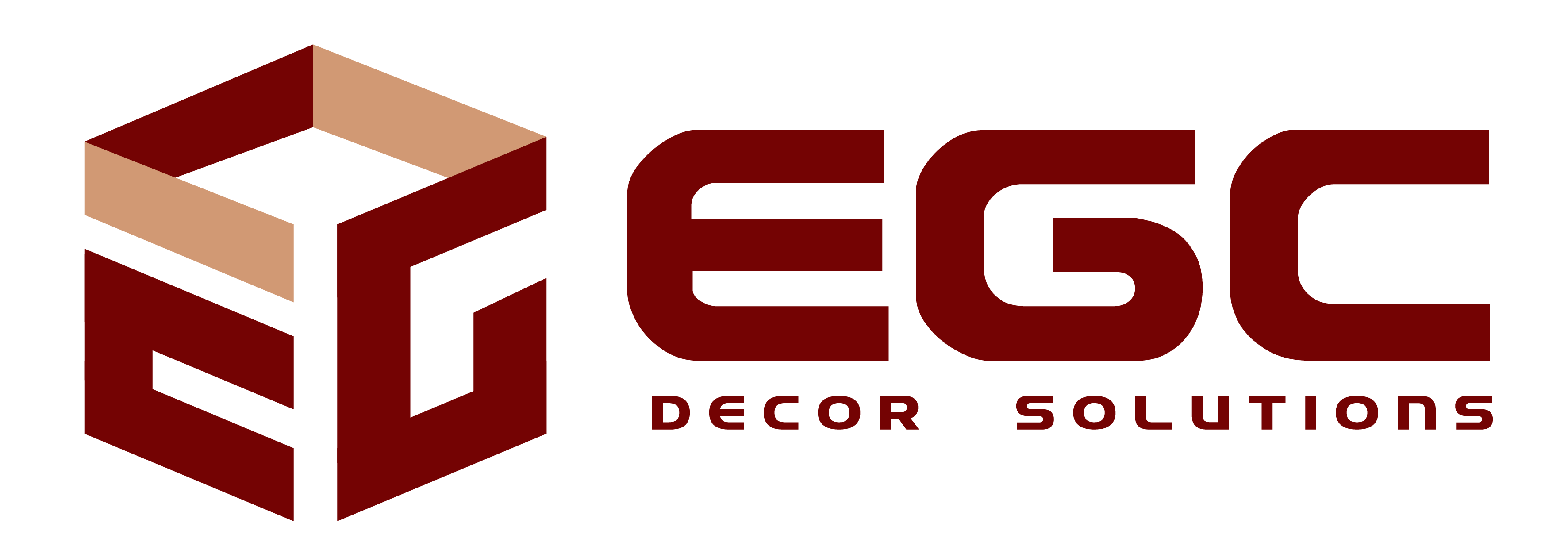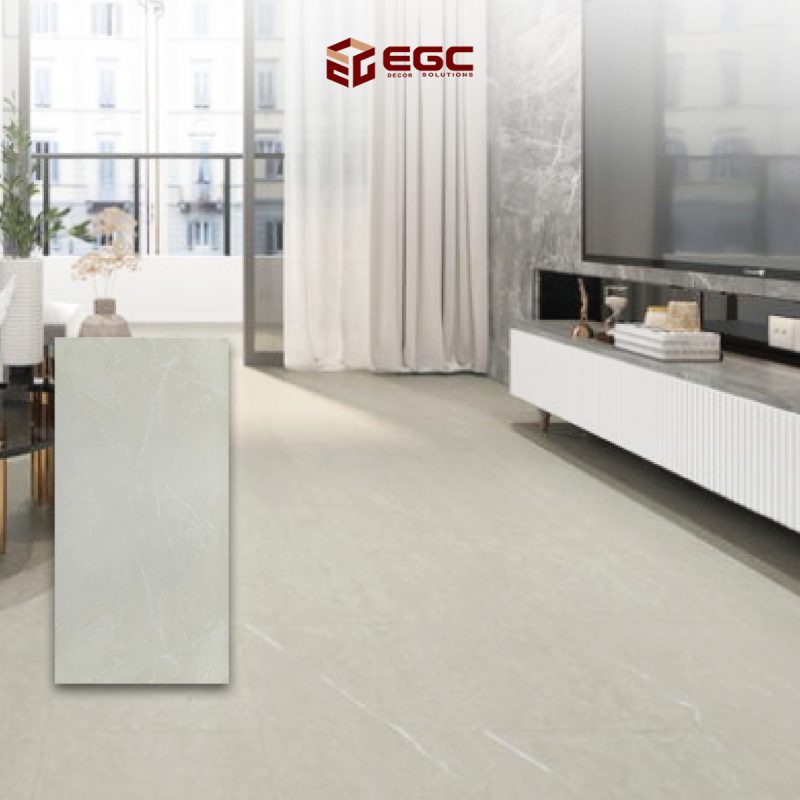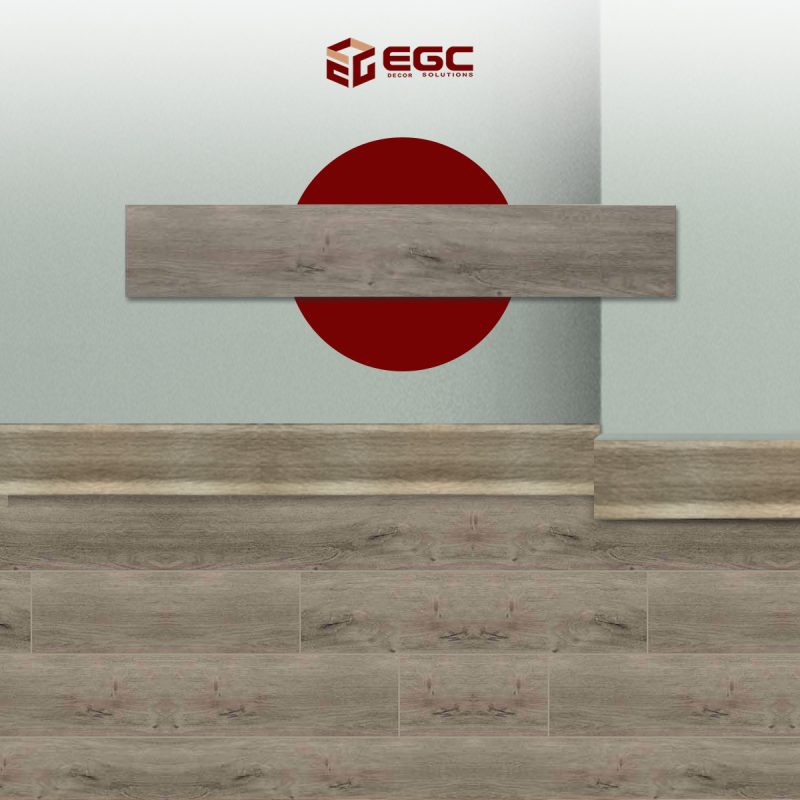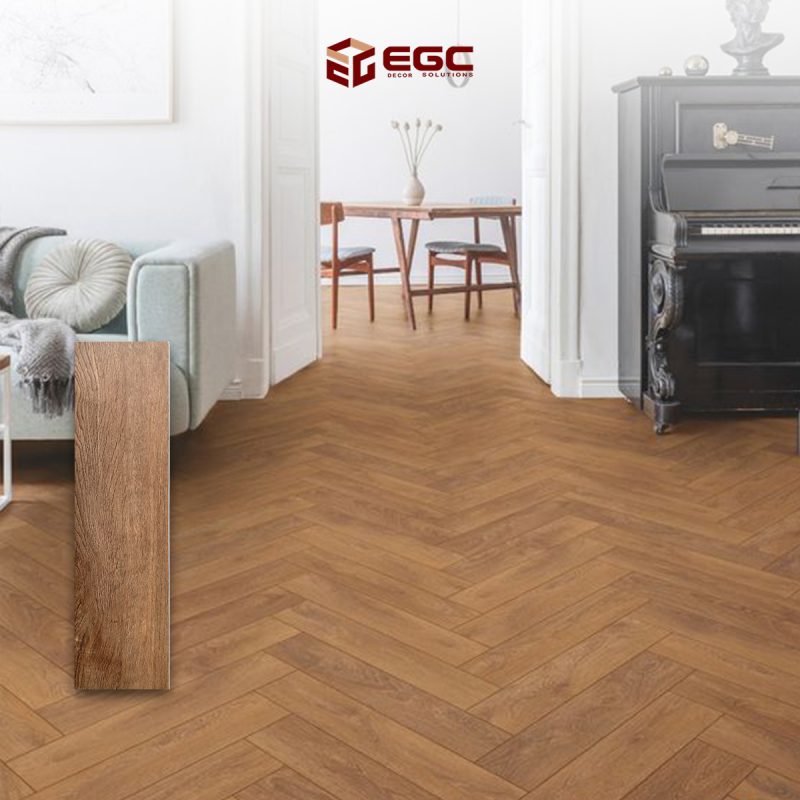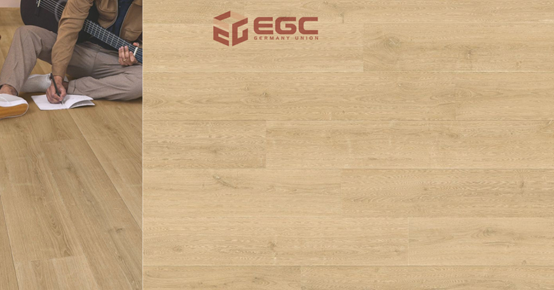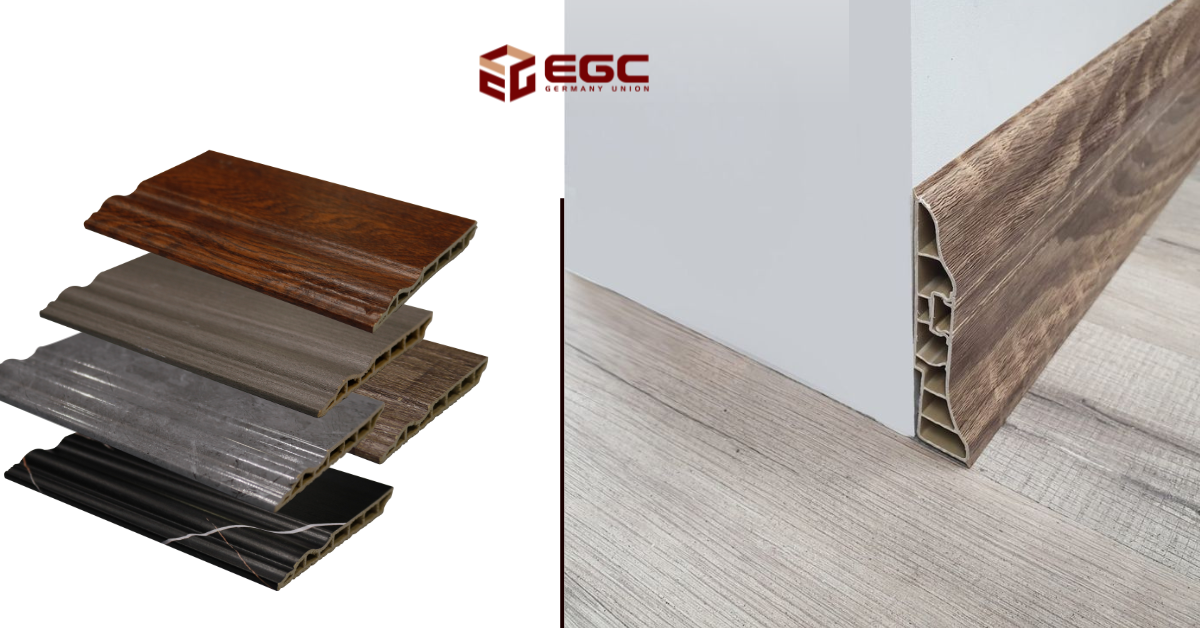Advantages and Disadvantages of HDF Parquet Flooring

Many people prefer installing parquet flooring for the elegance and luxury it adds to the décor of homes or offices—whether in a classic or modern style. HDF parquet floors retain their charm over time, making them an ideal choice for those with refined taste. In this article, we’ll explore the key advantages and disadvantages of HDF parquet flooring.
First: Advantages of HDF Parquet Flooring
1. Safe and Healthy Environment
HDF parquet floors provide a safe and healthy space, especially for children and the elderly in case of slips or falls, as they are shock-absorbent—unlike ceramic or porcelain tiles and other types of hard flooring.
2. Psychological Comfort
Most HDF parquet designs mimic the look of natural wood, offering a soothing and calm atmosphere.
3. Warmth
HDF parquet flooring adds a sense of warmth to any space, especially in winter—even in wide, open areas.
4. Easy to Clean
HDF parquet has a stain-resistant top layer, making it easy to clean. It’s unaffected by most cleaning chemicals and can be maintained by vacuuming, followed by wiping with a damp cloth and polishing with any parquet cleaner.
5. Easy Installation and Reusability
The flooring boards are installed in just a few hours using the Uniclic system (click-lock), without nails or adhesives. They are easy to dismantle and reinstall with minimal effort—while preserving their full quality and appearance. They can also be installed on any level surface, even concrete, as long as it’s even.
6. Long Lifespan
High-quality HDF parquet boards have a long expected lifespan, maintaining their beauty and quality for up to 30 years with minimal maintenance.
Second: Disadvantages of HDF Parquet Flooring
1. High Cost
Some people find HDF parquet flooring relatively expensive compared to ceramic or porcelain tiles. However, others argue it’s not costly when considering the extra materials (cement, sand, etc.), labor, and time required to install ceramic or porcelain.
2. Special Care Requirements
HDF parquet requires unique care. It shouldn’t be soaked in water or cleaned with abrasive tools, and it must be protected from direct sunlight.
3. Susceptible to Scratches
Intentional scratching can damage HDF flooring. This can be mitigated by choosing variants with high abrasion and friction resistance.
4. Vulnerability to Water Damage
No matter how good the quality, HDF parquet is not waterproof. Some high-quality types are highly water-resistant and return to their original state after drying—depending on heat-pressing quality, board interlocking depth, and number of protective layers.
5. Expansion Issues
One of the common problems with HDF parquet is expansion due to weather changes. This can be minimized by choosing high-density parquet, which has less porosity and therefore less expansion.
Conclusion:
There are many HDF parquet options available in the market—ranging from low to high quality. All you need to do is define your needs and what suits your home best. It’s always recommended to consult interior design professionals to help you choose the most suitable option.
